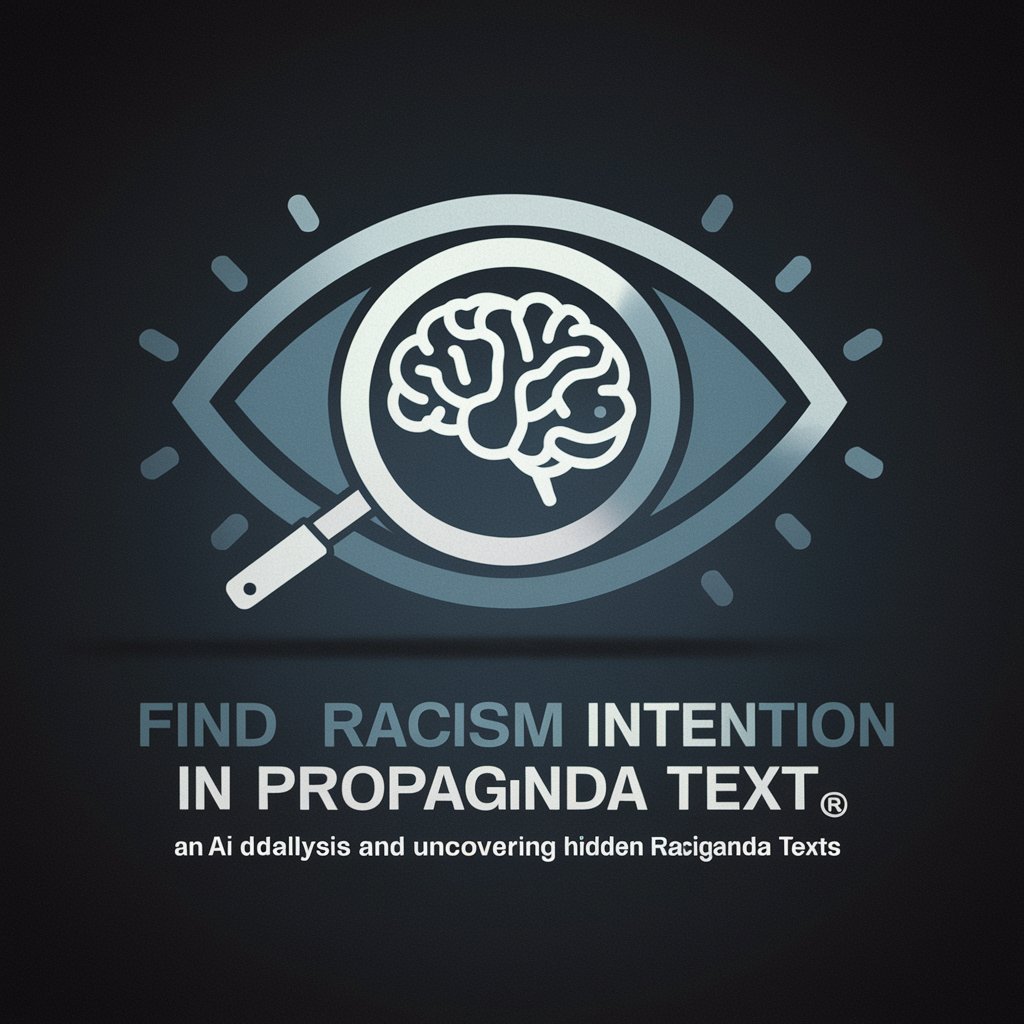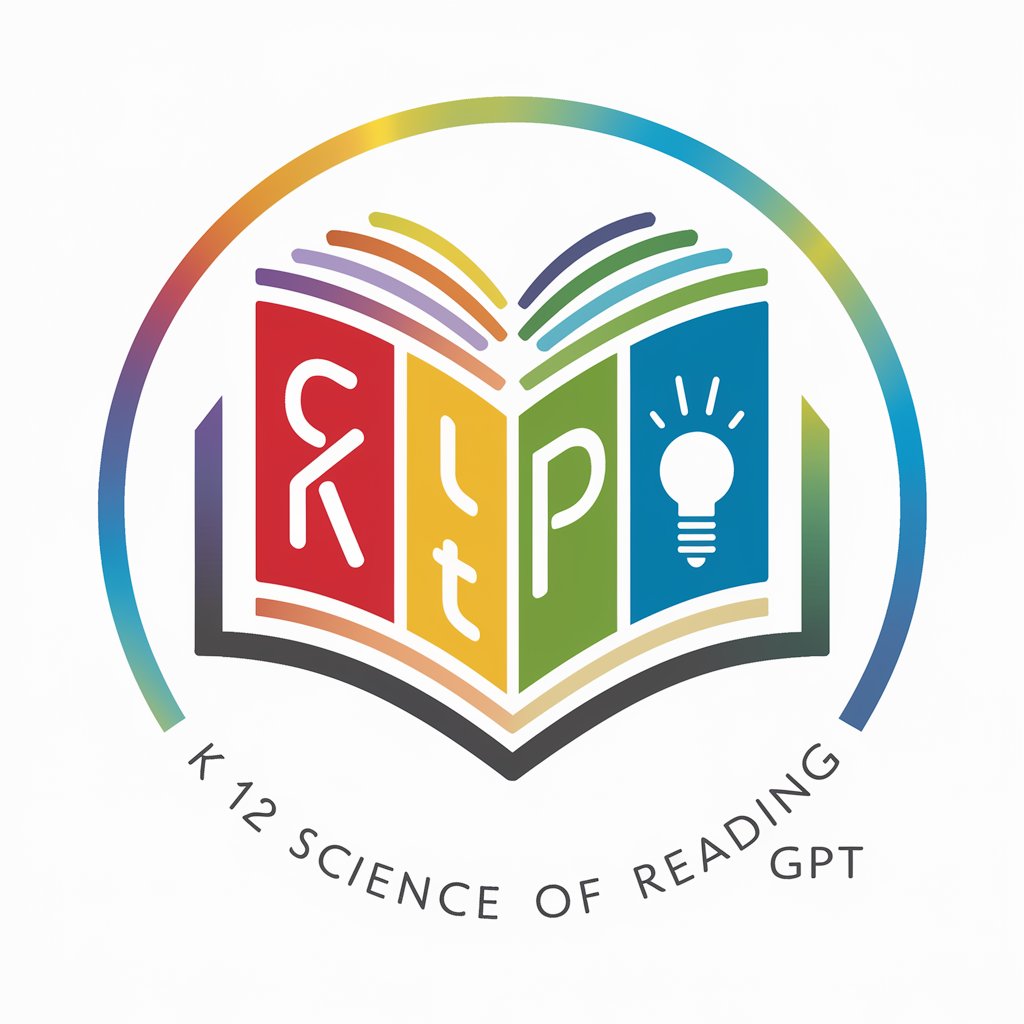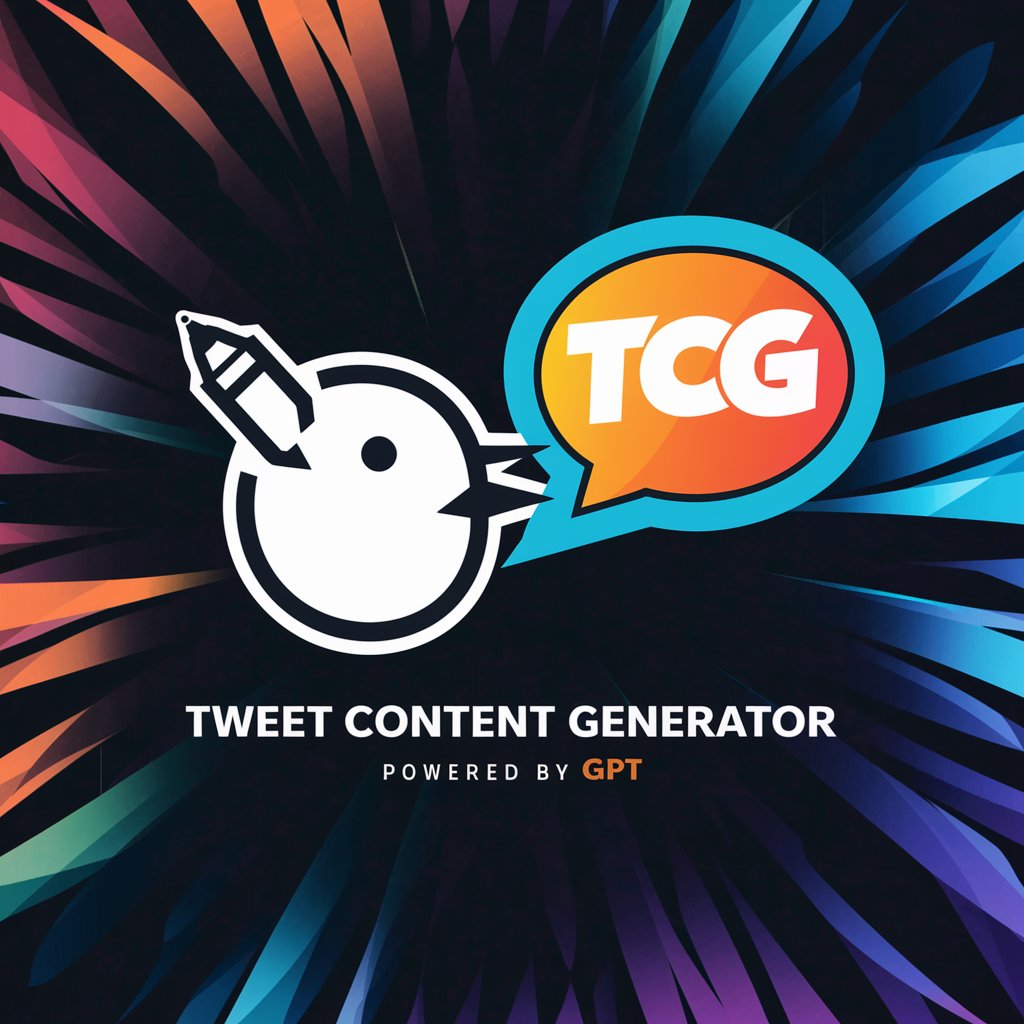Find Racism Intention in Propaganda Text - Racism Detection in Texts

Welcome! I specialize in uncovering hidden racism in texts.
Unveil hidden biases with AI-powered analysis
Analyze this text for any hidden racial biases:
Identify subtle forms of racism in the following propaganda:
Evaluate the intentions behind this text for discriminatory content:
Examine this material for any covert racist messages:
Get Embed Code
Understanding Find Racism Intention in Propaganda Text
Find Racism Intention in Propaganda Text is designed as a specialized tool aimed at identifying, analyzing, and providing insights into the presence of racist undertones within various forms of text, particularly in propaganda. This tool leverages nuanced understanding of language, cultural contexts, and the historical background of racial issues to detect both overt and subtle instances of racism. For example, it can discern the use of coded language that may appear neutral on the surface but carries racist implications when understood within a specific context. Another scenario might involve analyzing political speeches or advertisements to uncover underlying messages that promote racial stereotypes or discrimination. Powered by ChatGPT-4o。

Key Functions and Applications
Detection of Coded Language
Example
Identifying phrases like 'urban decay' that might be used to indirectly reference racial stereotypes without explicit mention.
Scenario
Analyzing news articles or political speeches for language that subtly perpetuates racial biases.
Analysis of Historical and Cultural Context
Example
Evaluating references to historical events or cultural practices to reveal how they might be employed to sustain racial narratives.
Scenario
Examining educational materials or public statements to ensure they do not unintentionally propagate racist interpretations of history.
Identification of Stereotyping and Generalization
Example
Spotting generalized statements about a race or ethnicity that reduce individuals to a single, often negative, narrative.
Scenario
Reviewing marketing campaigns or entertainment content for character portrayals that might reinforce harmful stereotypes.
Target User Groups
Educators and Academics
These users can apply the tool to develop and deliver content that is conscious of racial biases, helping to foster an inclusive and informed educational environment.
Content Creators and Marketers
This group benefits by ensuring their materials do not inadvertently carry or promote racist messages, thus fostering positive brand image and social responsibility.
Policy Makers and Social Researchers
They can use the tool to understand the racial implications of policies and social trends, aiding in the creation of equitable legislation and insightful academic research.

How to Use Find Racism Intention in Propaganda Text
1. Start with a Free Trial
Access the service at yeschat.ai for an initial trial without the need for login or subscribing to ChatGPT Plus.
2. Submit Your Text
Paste the text you want analyzed into the designated field. Ensure the text is clear and readable for accurate analysis.
3. Choose Analysis Type
Select the specific analysis you're seeking, such as 'Identify Racism' to focus the AI on uncovering racial biases.
4. Review the Results
Examine the AI's findings, which include highlighted sections of the text and explanations of potential racism.
5. Use Insights for Improvement
Utilize the AI's feedback to enhance your understanding, awareness, and actions towards racial biases in texts.
Try other advanced and practical GPTs
Midwest
Explore the Heart of America with AI

Quantitative Analysis
Empowering Decisions with AI Analysis

Follow Up BOT
Streamline Communications with AI-Powered Follow-Ups

Lumber
Empowering DIY Woodcraft with AI

Structural Engineering
Empowering construction with AI-driven engineering

K-12 Science of Reading
Empower Reading with AI Insights

Trinna Boy
Unleash your inner street poet.

Court Custody
Empowering Custody Decisions with AI

Fire Extinguisher
Empowering Fire Safety with AI

Tweet Content Generator
Elevate Your Tweets with AI

PARIS
Your AI-Powered Parisian Guide

Sci-Fi World Builder
Craft your universe with AI

FAQs about Find Racism Intention in Propaganda Text
What types of texts can Find Racism Intention in Propaganda Text analyze?
It can analyze a wide range of texts, including articles, speeches, social media posts, and educational materials, to uncover hidden racial biases.
How does the tool identify racism in texts?
The tool uses advanced AI algorithms to detect both overt and subtle forms of racism by examining language use, context, and historical connotations.
Can it differentiate between intentional and unintentional racism?
Yes, it assesses the context and language patterns to determine whether racism is likely intentional or stems from unconscious bias.
Is it suitable for non-English texts?
Currently, the tool is optimized for English texts. Its ability to accurately analyze texts in other languages may vary.
How can educators use this tool?
Educators can use it to review educational materials for biases, facilitate discussions on racism, and develop more inclusive curricula.
